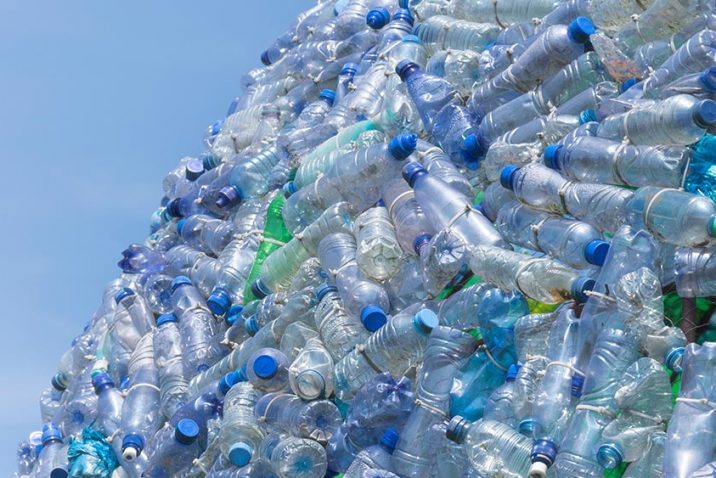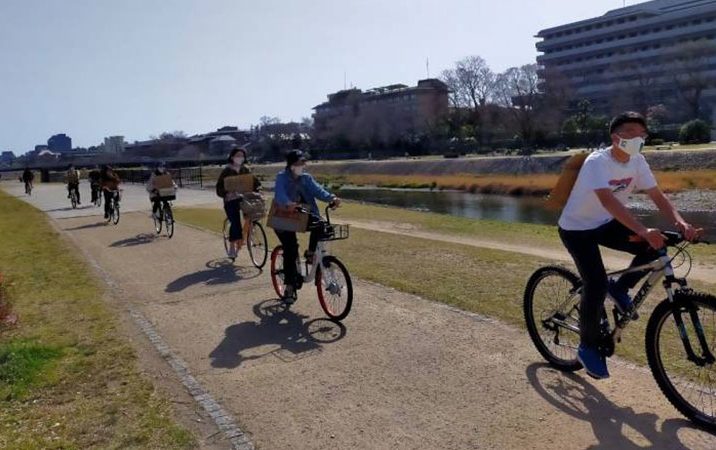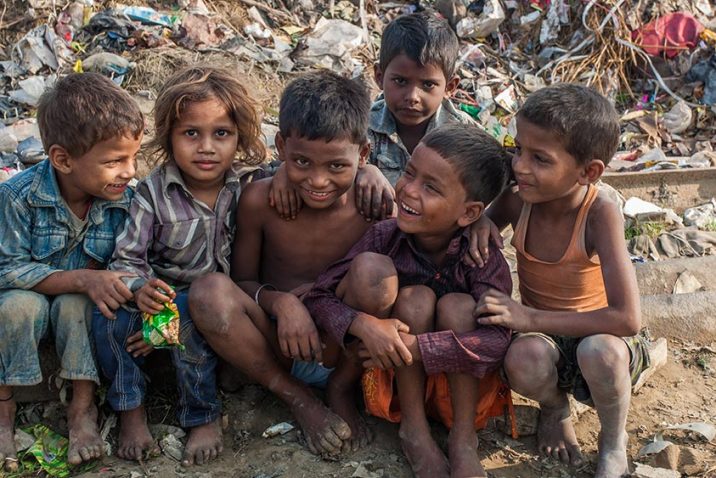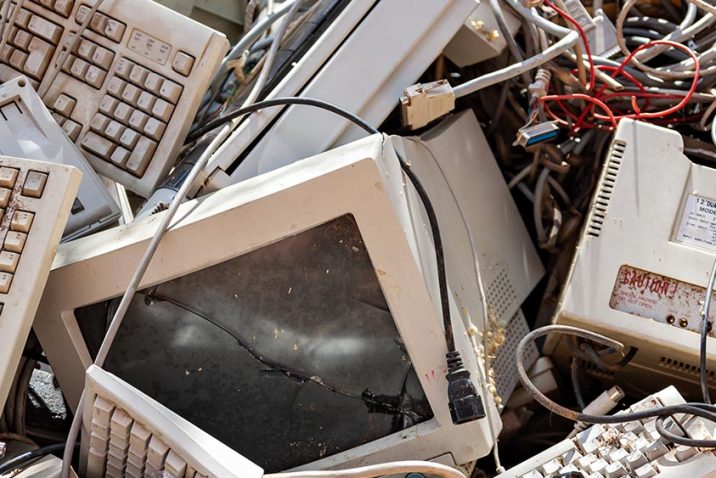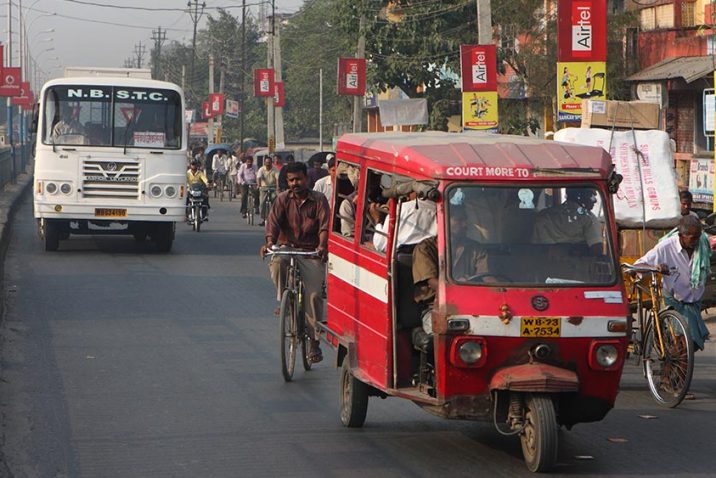In Japan, waste disposal is managed at a municipal level. As in most Japanese cities, residents of Kamikatsu are responsible for sorting their household waste, but this town has 45 categories of garbage. Kamikatsu is a small town of 1,500 in Shikoku...
According to a 2018 report issued by the Ministry of Environment, 25% of Japan’s plastic waste is recycled. 57% goes through thermal recycling, which involves incinerating the waste to produce heat and electricity. Another 18% is either incinerated...
The Ministry of Economy, Trade and Industry showcased its new blueprint for circular economies, the “Circular Economy Vision 2020” report, with the aim of creating a virtuous cycle between the environment and economic growth. The report outlines the...
Japan is generally thought of as a country with a conservative culture and traditional gender role expectations. Men are still generally expected to be breadwinners working long hours and women are expected to stay at home and raise children. There...
Fridays For Future Japan came together to hold their climate march last Friday with a unified message to Japan’s governments. And Fridays For Future Kyoto gave a twist to their climate march by taking it to Kyoto’s beloved Kamo River and...
Since Japan is an earthquake-prone country, preparing for disasters on a daily basis is something that every citizen is recommended to do. In Japan, September 1st is Disaster Prevention Day, which is observed to disseminate disaster prevention...
Efforts to lower Japan’s suicide rate became more aggressive in the late 2000s and saw a steady decrease over time. However, COVID-19 has not only stagnated Japan’s economy but is also affecting other facets of Japanese society. The...
In emerging Asian countries, improving access to affordable housing in urban settings is a major concern. Slums often develop in cities with rapid rural-urban migration and tight housing supplies. As a result, in these informal settlements, dwellers...
One of the biggest challenges for developing countries to implement circular economy approaches is the lack of proper e-waste infrastructure. E-waste is a growing issue in West African countries like Ghana and Nigeria, where burning and dismantling...
Maximizing the lifecycle of raw materials is a major part of circular economy models. Pursuing innovation in this area provides multiple benefits at once, including improved economic stability, employment opportunities and a reduced negative impact...



